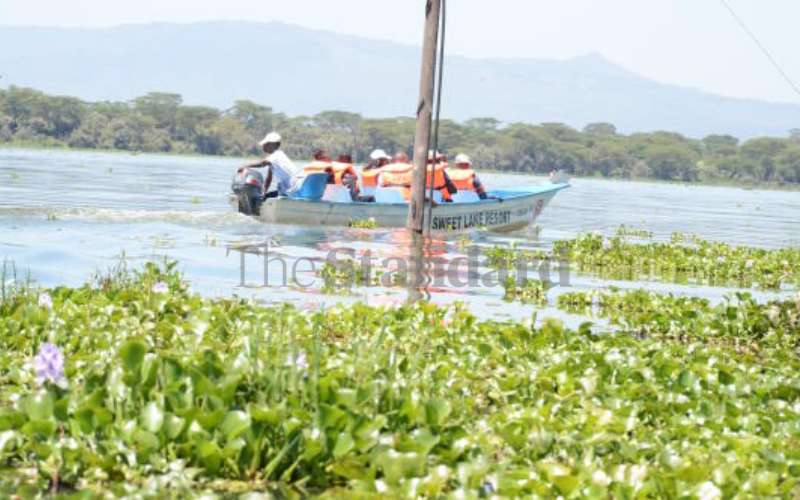×
The Standard e-Paper
Stay Informed, Even Offline

The Water Resources Authority (WRA) has announced a crackdown on persons and institutions that have encroached on riparian land around Lake Naivasha.
The authority said it had marked all boundaries around the water body ahead of the exercise that will involve other government agencies. The authority has also termed null and void any title deed issued for land around the lake.







